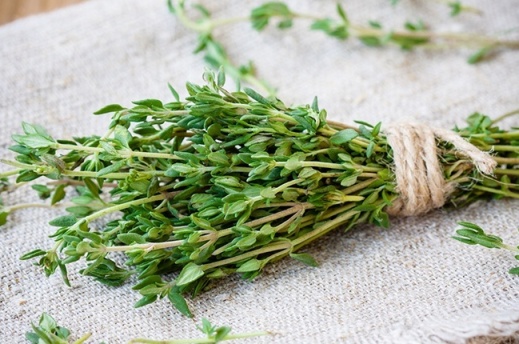Thyme: Properties, benefits and contraindications
The thyme is one of the plants and herbs most commonly used, not only among the kitchen to flavor many recipes, but also as an ingredient in natural remedies to relieve symptoms of mild and common ailments, such as a difficult digestion. Although its most common use is in the form of natural seasoning or as herb to prepare infusions, thyme can also be used as essential oil.
Table of Contents
Properties
Thyme, taken in infusion helps relieve breathing problems. Not at all, the only property of thyme, as it is also antiseptic and disinfectant thanks to its content of thymol. In fact, one of the uses supported by the thyme, and less known, is used as cleaner, adding thyme to hot water and a little soap. Let it cool, and by spraying surface is sprayed to clean.
Turning to the chapter on health, the thyme, mixed with honey, it can be used as disinfectant of wound. Thyme also has antioxidant properties, thanks to its flavonoid content, besides being an excellent source of minerals (calcium, iron, and manganese) and fiber.
Benefits
Thyme has therapeutic effects, being a good ally to reduce the symptoms of problems as asthma or bronchitis. Try to prepare an infusion of honey, water, thyme and a drizzle of lemon juice.
If you have problems with digestion, try to take an infusion of thyme after the main meals (lunch and dinner). Add a teaspoon of thyme in a cup of boiling water. Cool, strain and take it twice a day.
Thyme is also a good ally of women’s health, helping to relieve menstrual cramps and discomfort of PMS. It also has other effects recognized to relieve symptoms of diseases such as arthritis, hair loss, laryngitis, fatigue, stress or muscle cramps. It is also good for relieving stress.
Contraindications
We must be especially careful when using thyme as oil, excess thymol can be counterproductive. If you suffer from ulcers, heart problems or during pregnancy, it is best not to use the essential oil of thyme.
